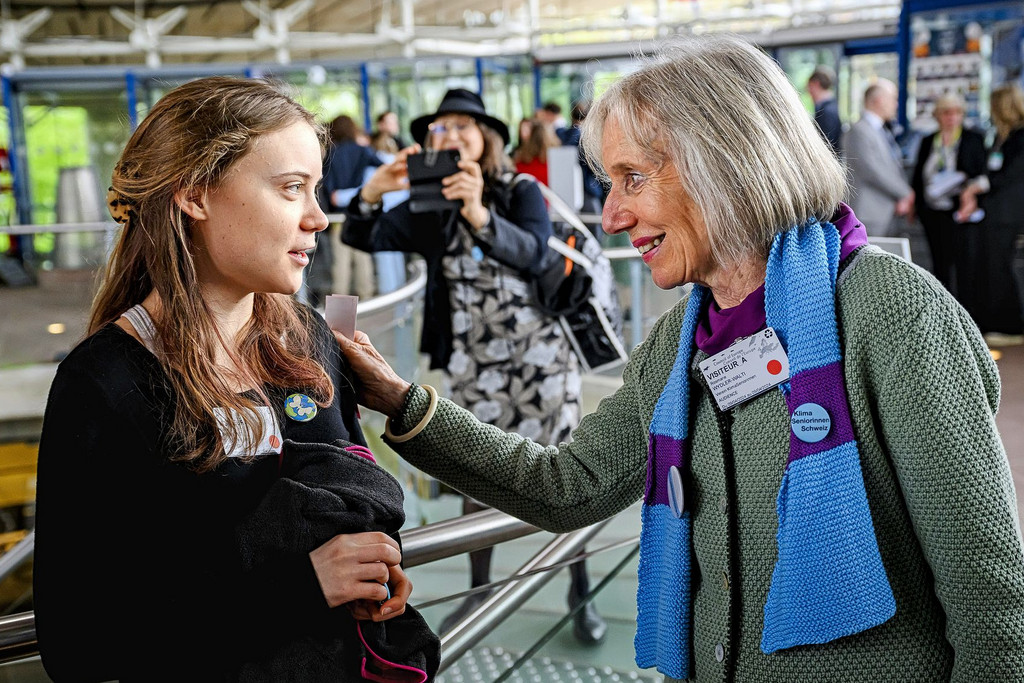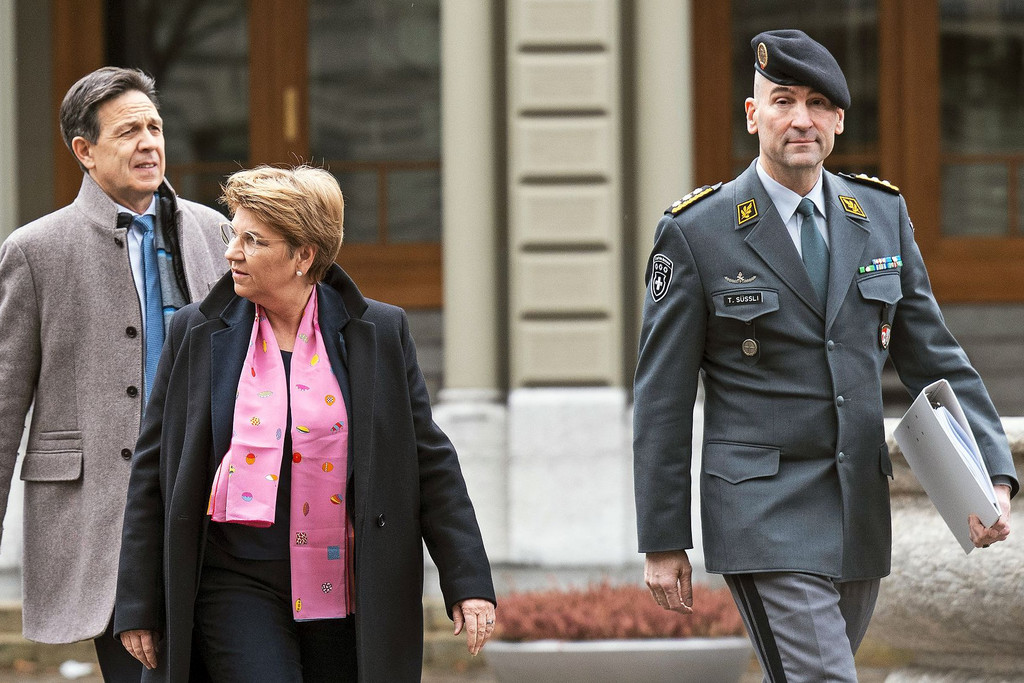
Triumphant ‘climate seniors’ cause a stir

The big wolf hunt in the Swiss mountains

News

What has Switzerland learned from the Credit Suisse debacle?

News

More money for defence, less for foreign aid

News


The bilateral crisis between Switzerland and the European Union (EU) is not over. A rapprochement may nonetheless be on the cards. The Federal Council aims to have defined a specific negotiation mandate by the end of the year.
It’s now over two years since negotiations broke down over an institutional framework agreement with the EU. During this time, Brussels-based Swiss chief negotiator Livia Leu has been examining ways to resolve the main sticking points, such as questions related to wage protection, state aid or access to social benefits for EU citizens in Switzerland.

However, Leu will not be involved in any future negotiations. She vacated the EU job at the end of August for a move to Berlin as the Swiss ambassador to Germany. The time is ripe for change, the 62-year-old said in interviews with the press. The Federal Council approved the parameters for a formal negotiating mandate with the EU at the end of June, while she was still in office. “This is a very important step towards negotiations,” asserted the outgoing state secretary. She presided over ten rounds of exploratory talks as well as about 30 technical meetings. However, it’s still all to play for: “We’ve made our move, but we still have to score.”

The metaphorical ball has now been passed to Leu’s successor Alexandre Fasel. The new state secretary at the Federal Department of Foreign Affairs is the sixth Swiss top diplomat to take on the intricate EU dossier. The 62-year-old Fribourg native has spent almost his whole career in the diplomatic service, including spells as ambassador in London and most recently as special representative for science diplomacy in Geneva. However, he also worked at Credit Suisse at the start of the noughties, where he spent three years in charge of Formula 1 sponsoring. When asked by a journalist whether his passion for speed would find an outlet in the EU negotiations, Fasel answered diplomatically: “I am also enough of a mountain man to realise that steady progress is what takes you furthest.”
The Federal Council has set out its red lines for new negotiations with the parameters issued before the summer break. The small print is understandably not in the public domain. Nonetheless, the government has clearly confirmed its goal: “To stabilise the current bilateral path and develop it in a customised way.” That means the Federal Council does not just want to renew the previous agreements – including free movement of persons – but also to conclude new treaties, on the supply of electricity for example. The government also wants Switzerland to rejoin the Horizon Europe research and innovation programme, as the country’s scientific and research community has felt the impact of having been downgraded to “non-associated third country” status (see 5/22 October edition of Swiss Review).
By the end of the year, the exploratory talks should be at a stage where the Federal Council can decide whether it wants to resume formal negotiations with the EU from 2024. However, it may well take longer than that to resolve the current bilateral crisis.
Comments